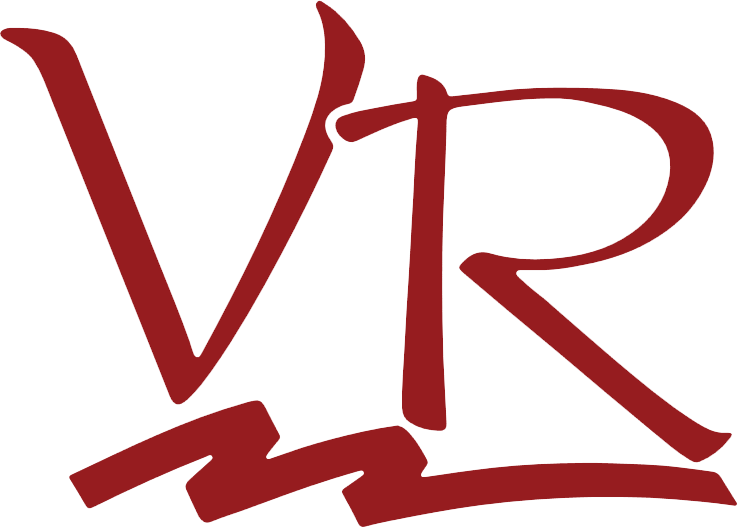Some people will need many services; others will need only a few of the services VR can offer. First, the Vocational Rehabilitation Counselor will spend time helping you to choose an appropriate job goal. You both may decide that more information is needed to decide what kind of job would suit you. In that case, the counselor will help you to choose where you can receive more information or get an evaluation of your skills or of your disability needs.
Once you and the Vocational Rehabilitation Counselor determine what type of job or career you would like, you and the VRC will then look at the types of services that may be needed to succeed in that job or career- after which you and your VRC will work together to choose the services needed, who will provide them, and how they will be provided.
Each of the services should move you one step closer to a chosen job. Your program of services will be designed to fit your specific needs. The list of chosen services, along with when they may begin and how much time will be needed to complete them, will become the Individualized Plan for Employment (IPE). It is an important agreement. Both you and your Vocational Rehabilitation Counselor will sign and need to adhere to its process to the best of your ability.
Because people are expected to contribute to the cost of their vocational rehabilitation program to the extent possible, you may be responsible for some costs of your rehabilitation plan. This will be based upon your individual financial need. However, no one is ever turned away because of inability to pay.
We receive funds through a state/federal matching system. The state’s contribution is about 22% of our case service dollar budget and the federal contribution is about 78%.
The first thing to do is to talk the problems over with your vocational rehabilitation counselor and try to work things out. If you are still not satisfied, there are a number of things you can do:
- Ask to speak with the Supervisor of your VR Counselor.
- Contact the Operations Support Center and ask to speak to the Field Chief.
- You may contact your ADA Coordinator, MiKayla Monaghan at (208) 334-3390, regarding Title II Compliance issues.
- You may contact the Client Assistance Program (CAP) which is a part of Idaho Co-Ad. CAP staff can explain how the VR system works, advise you about your responsibilities and rights, suggest ways to work more successfully with your vocational rehabilitation counselor, and help you prepare for any appeals or hearings.
- You may also ask for an administrative review and/or a fair hearing.
Your VR Counselor or CAP Representative will give you information on how to request these.
Contact the IDVR office nearest you; refer to our Contacts for office locations and phone numbers.
All information in your record of services is kept confidential and can only be released with your written consent. The only exception to this is that IDVR is required by law to release information about you without your consent in connection with law enforcement, fraud, abuse, through court orders, or for protection if you are a danger to yourself or others.
You are allowed to read and copy any parts of your record that were developed as part of your work with IDVR. IDVR is not allowed to release reports written by other agencies without their consent, but your counselor can help you receive permission or you can go directly to that agency and ask for that report.
The State Rehabilitation Council (SRC) is a group of volunteers that advises VR on its policies, procedures, and other issues. The Governor appoints persons with disabilities, rehabilitation service providers, business people, and representatives from programs that work with IDVR. Nominations to serve on the State Rehabilitation Council are accepted at any time; forms are available through the Council office.
For more information, please contact the SRC by phone: (208) 334-3390 or by email: Wendy.Page@vr.idaho.gov

